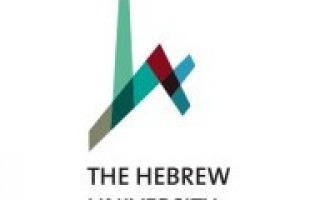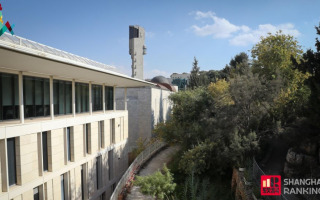Hebrew University Congratulates Evyatar Cohen and Tamir Herzberg on Winning the Figgie Award for Excellence in Design!
Hebrew University proudly congratulates Evyatar Cohen and Tamir Herzberg on their remarkable achievement of winning the prestigious Figgie Award for Excellence in Design at the Boston Festival of Indie Games!












